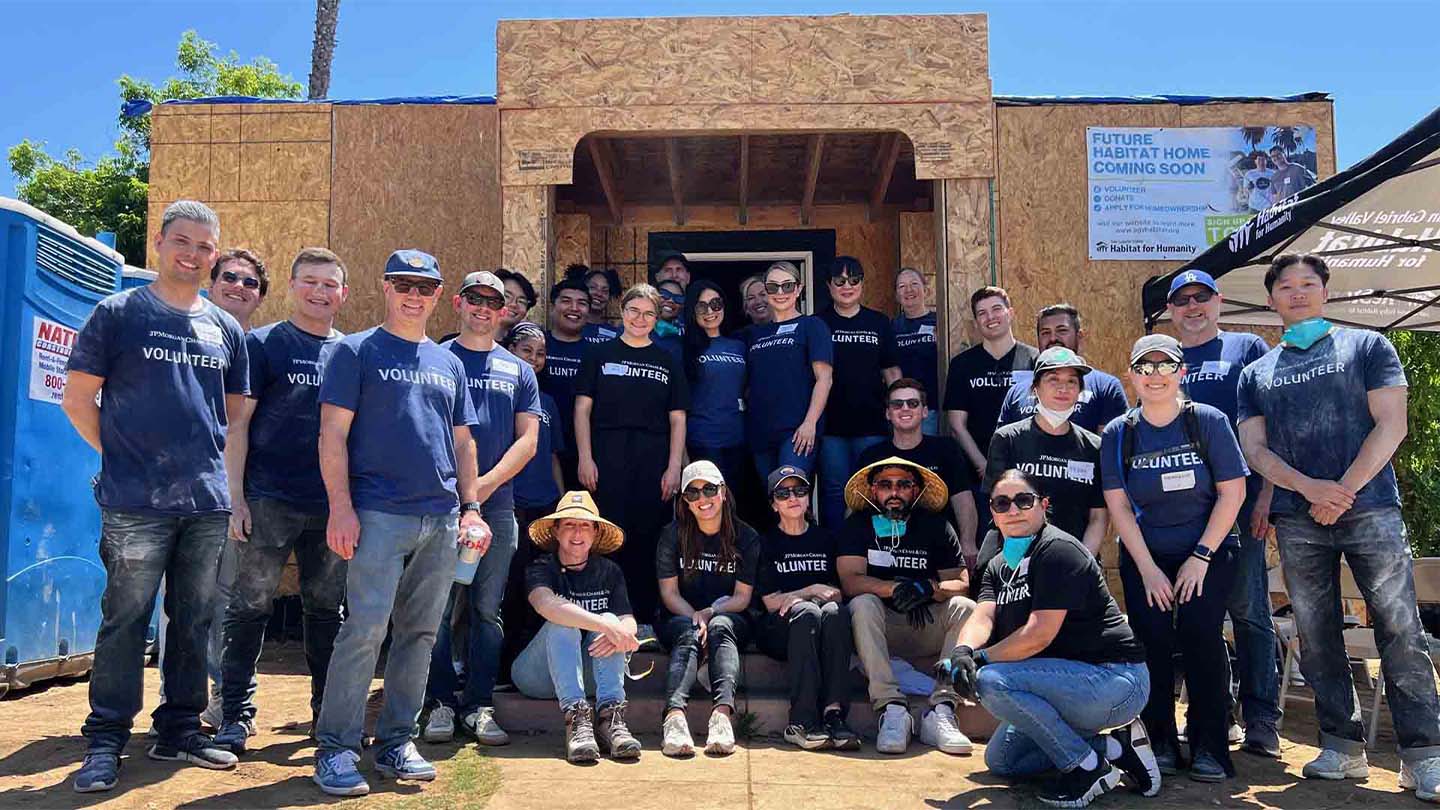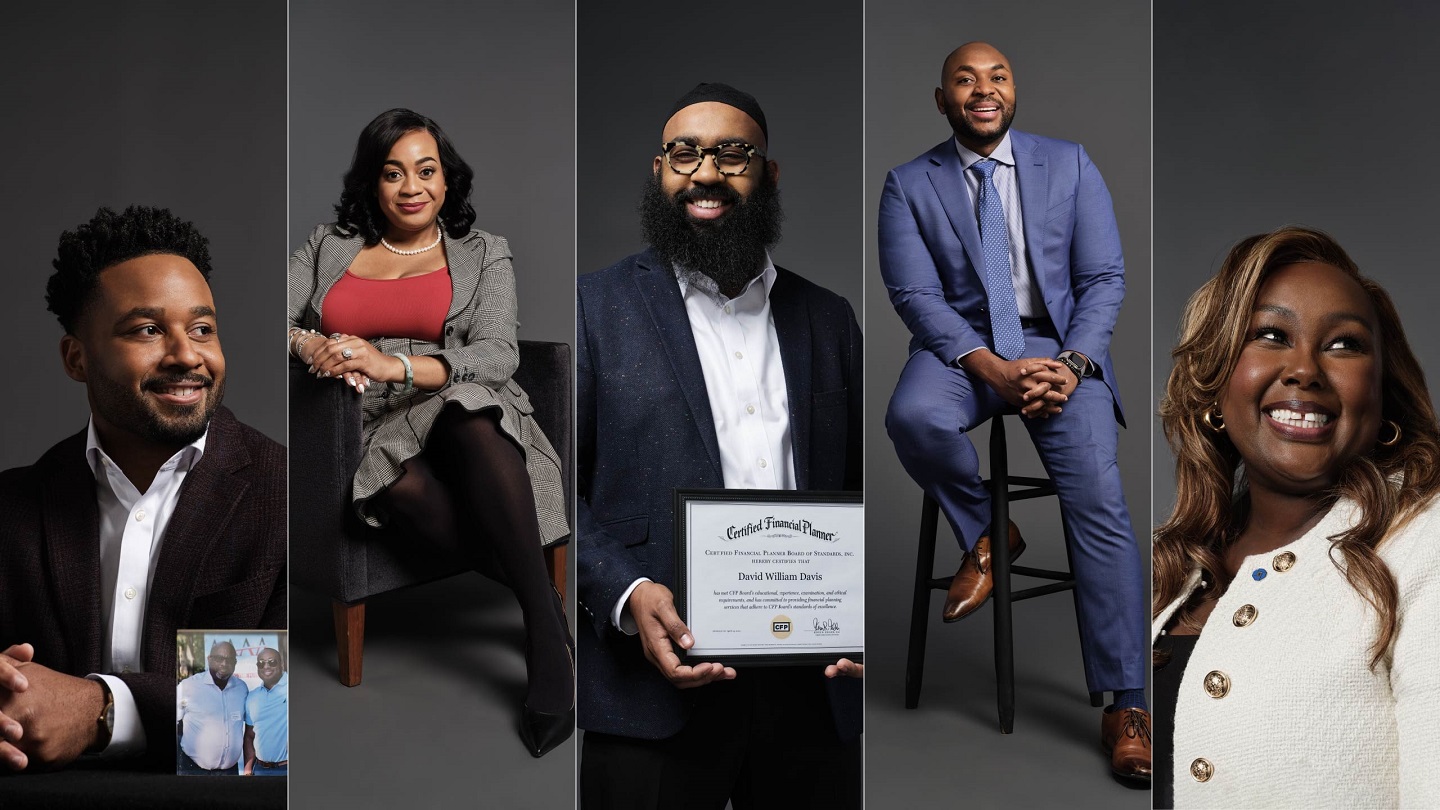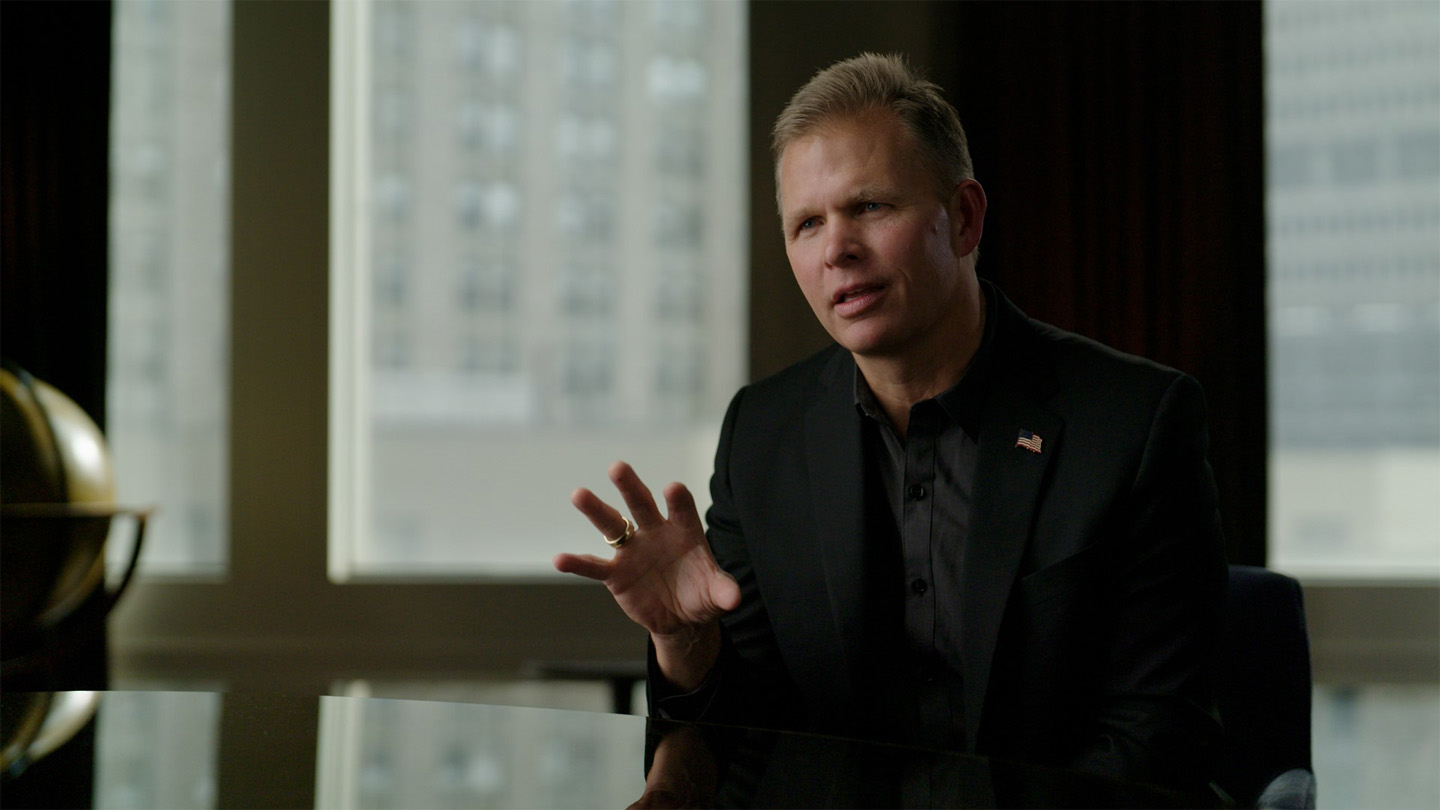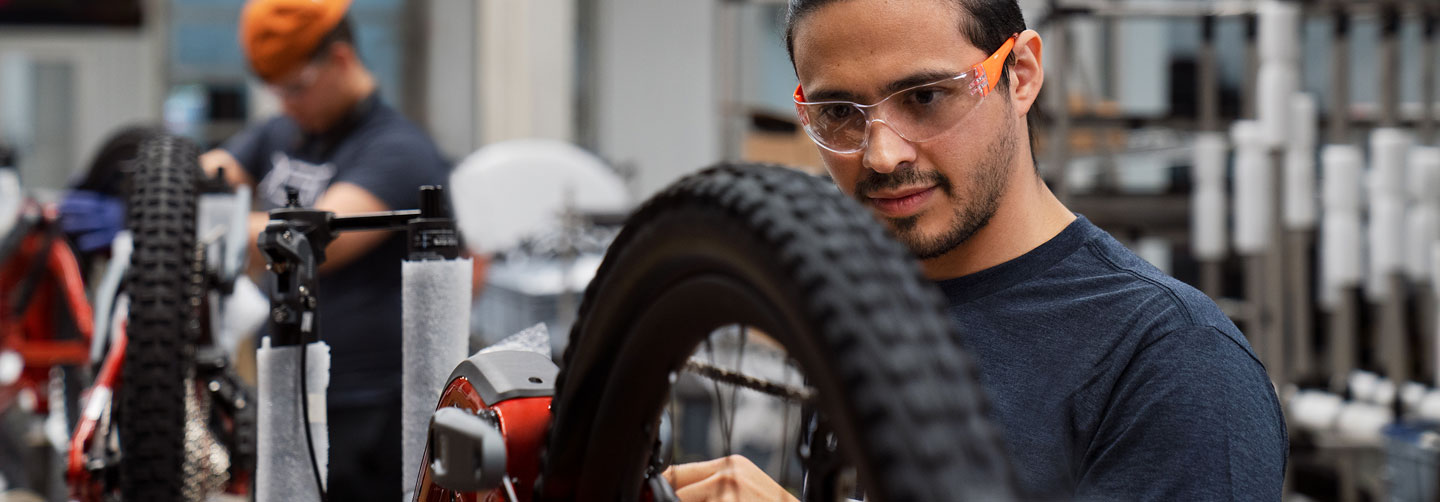
How do you find your person? In mentorship, as with so many other things, it starts with asking the right questions. That much you can learn; the rest is chemistry.
I am lucky to have been involved in mentorships throughout my career – starting with college, and then in my first job… it has always been embedded in my professional life. It’s something that I’ve sought out, and supported, and now I’m at a stage where I want to take these lessons and pay them forward to the next generation of leaders.
I believe women, in particular, need mentors to help provide an external perspective; many times as women we can be inward facing – not taking that broader view: of the environment, of the ways you can do things differently, or simply getting advice. It is something I see time and time again: women tend to hold it all on their own shoulders.
Developing a mentorship program
In addition to individual benefits, there are benefits for businesses that set up a mentorship circle or program. It helps to provide support for different types of people, and affords an opportunity to broaden your day to day network, connecting with valuable contacts that you may not otherwise have met. While an excellent resource for women in business, consider also your male workforce as they oftentimes end up becoming key mentors for women.
There are so many advantages. Businesses that support and promote mentorships allow space for:
- Transparency
- Honest conversation and dialogue
- Easy exchange of thoughts and ideas
- Shared competencies
How to find a mentor
If you are going it alone and searching for your own mentor, there are a few important things to consider:
- Think about your existing network. Who do you enjoy talking to?
- Ask for help. Make that first connection, it could become regular over time without much commitment.
- Build a rapport. Send a note or chat in person, citing a specific example of something you would like to discuss.
- Pay them a compliment. Follow up to demonstrate genuine interest.
- Also, continue to work hard – mentors will seek you out. They will see your value and want to help you!
One of my most important mentors started off as a senior leader in a previous role I had. He became my mentor and then, over time he transformed into a sponsor, helping me to get promoted and to move up on my career. His honest reflections, and our mutually beneficial relationship, played a huge part in getting me to where I am today. I still keep in touch with him and look to him for guidance. The best mentor relationships can last for an entire career if nurtured.
Give your mentor feedback
It’s wonderful to be starting out on your journey as a mentee. To maximize your time, always remember to focus on your goals, and be specific about what you’re looking to achieve from the outset. This works both ways: establish common expectations on both sides. The sessions are your responsibility, so come to meetings prepared with an agenda and have goals ready. The onus is on you to make sure the mentoring is working and is valuable for you.
Afterwards – take stock. How did it go? Is there anything you can share back to your mentor? Mentors want to know how their feedback worked and giving regular updates strengthens that loop and can provide even better support.
But crucially, follow your mentors advice where you can. This is where the true value of this relationship lies and their independent perspective can be hugely beneficial.
How to become a mentor?
If you have tons of knowledge and a burning desire to share it and help guide others, there are ample opportunities. You can always mentor another man or woman at any stage – you don’t have to wait to be formally asked, and you don’t need 10, 20, 30 years of experience to mentor someone or to be an advisor. Mostly, it’s about paying it forward, whether to a junior analyst or even a peer. Your input can be extremely valuable for those going through similar experiences.
Mentees can be found even when you’re not looking for them. One recent example was a woman I interviewed – she ultimately accepted another role in the same Firm but we kept in touch when she needed guidance, or to knowledge share. We learned so much from each other and two years on from this initial meeting, she accepted a role on my team.
Whether you end up becoming a mentor, a mentee, or both, the main thing is to look for someone that you have something in common with. They are truly the most rewarding relationships, and will be mutually beneficial. As with everything, mentorship is about give and take – the most successful people do both… and still have a balance.
…But don’t forget the chemistry!
Diversity matters. Explore J.P. Morgan’s culture of respect, equality and inclusion.
The views and opinions expressed herein are those of the author and do not necessarily reflect the views of J.P. Morgan, its affiliates, or its employees. The information set forth herein has been obtained or derived from sources believed to be reliable. Neither the author nor J.P. Morgan makes any representations or warranties as to the information’s accuracy or completeness. The information contained herein has been provided solely for informational purposes and does not constitute an offer, solicitation, advice or recommendation, to make any investment decisions or purchase any financial instruments, and may not be construed as such.
JPMorgan Chase Bank, N.A. Member FDIC.
JPMorgan Chase Bank, N.A., organized under the laws of U.S.A. with limited liability.







